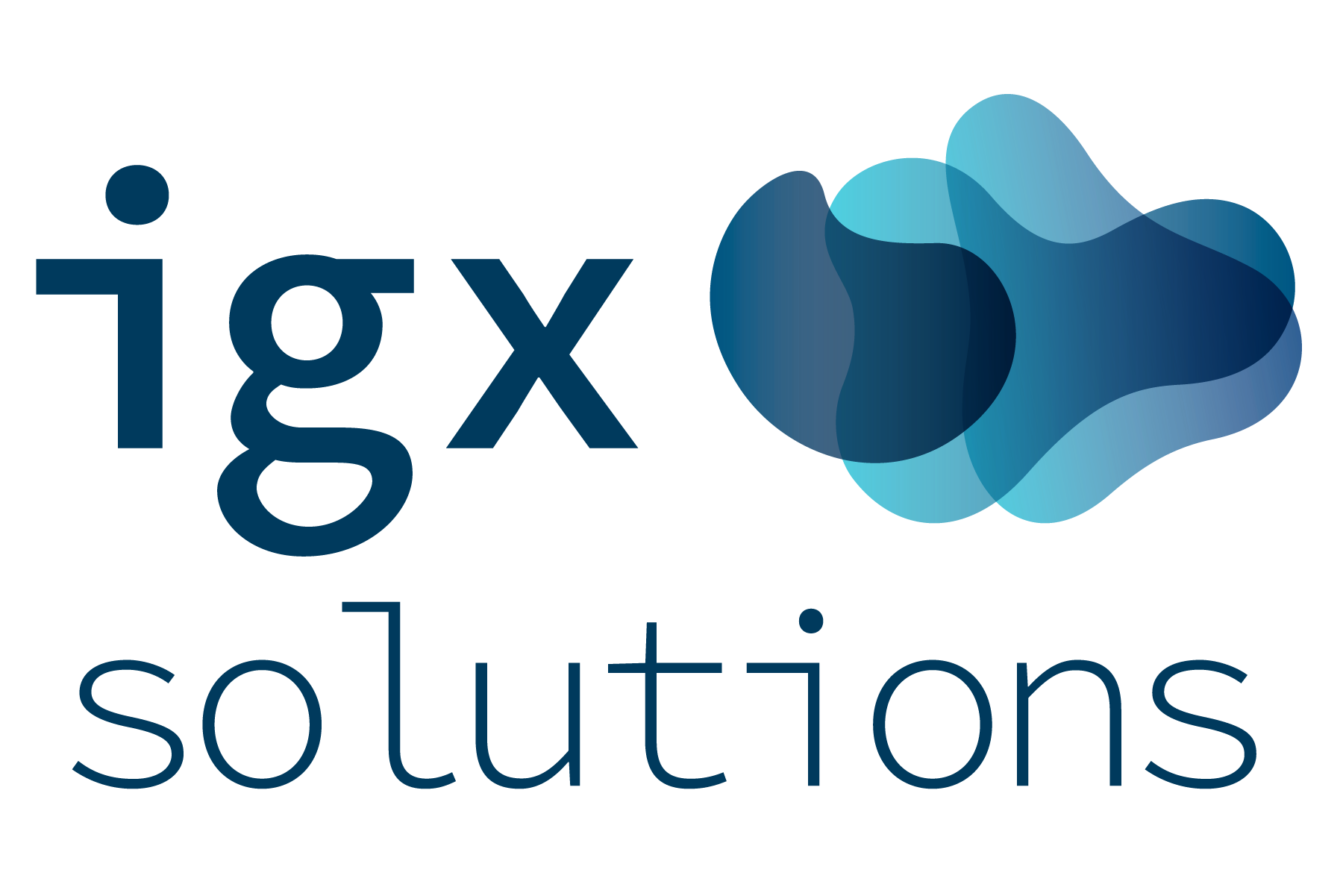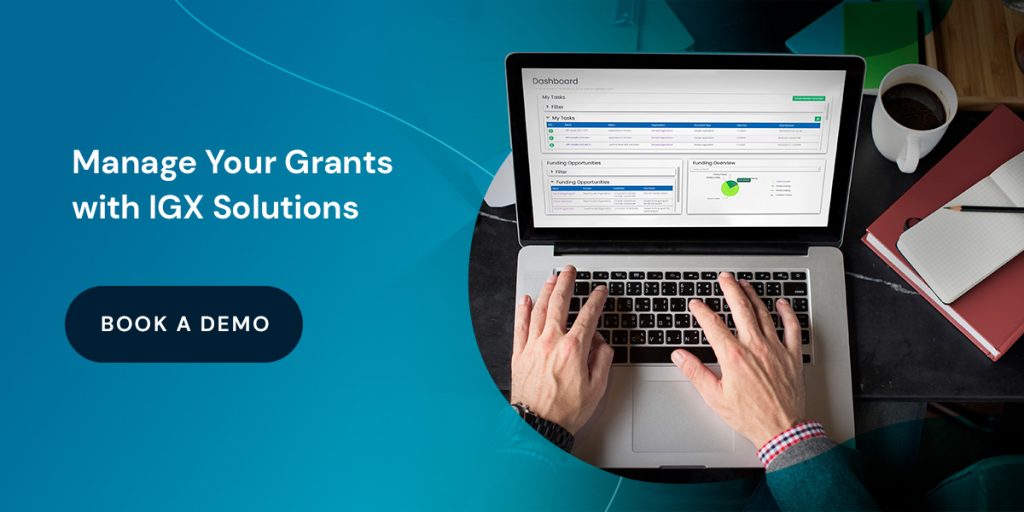Planning a grant proposal ensures you create a clear and actionable proposal that appeals to various funders and agencies. One of the first things you’ll want to outline is what you want to achieve with the funding. Perhaps you plan to implement new research or accomplish a project that can improve the lives of people in the community.
Think about the topic of your research or project and how relevant it is to the community where you plan to use the funding. What kinds of research do you plan to delve into? What do your project methods apply to? The community or specific individuals?
After you figure out what you plan to do, you’ll want to clarify why you want to achieve your goals. Focus on what you need and why by exploring your inspiration for helping a specific audience. Why do you plan to help the community or individuals? What about the project makes you think you can assist the local area?
Some final questions you should ask include inquiries about how you plan to achieve your goals. This can help you find specific funders or agencies that agree with your values and mission. Try looking online for granters that agree with your project and organization’s purpose.
One of the best ways to see if a grant company is a good fit is to write a cover letter to the company. Cover letters should include short and direct information about your company and organizational goals. Many grantees will then approve this letter and ask for a professional proposal. Writing a cover letter often sets you up for success, allowing you to write for a funder already interested in your project.




